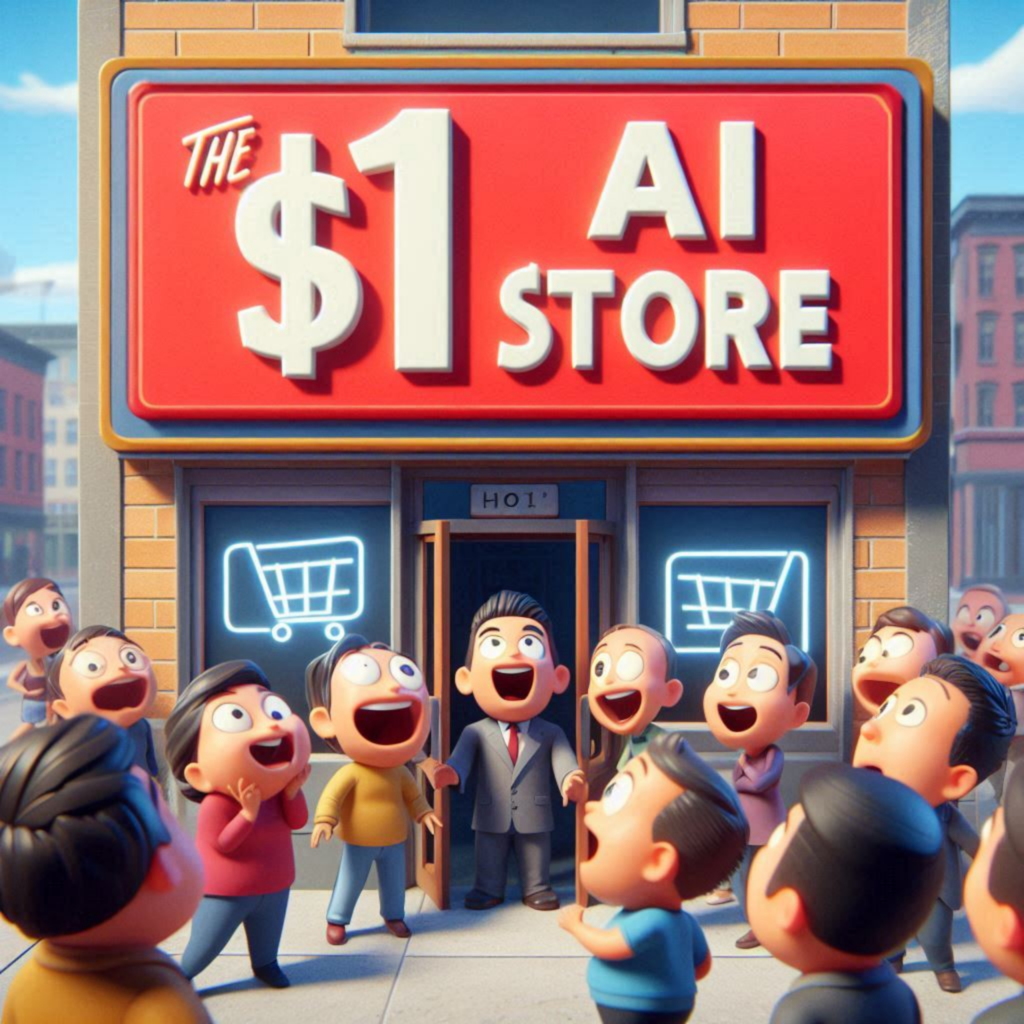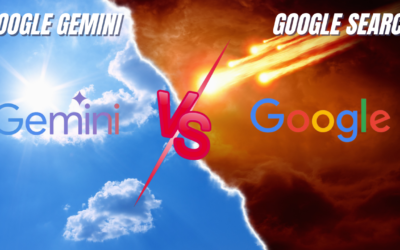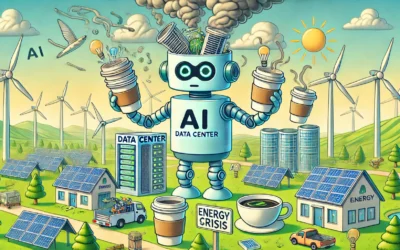The Great AI Marketing Gimmick: When Toothbrushes and Fitness Programs Pretend to Be Smart

Welcome to the age of artificial intelligence, where everything from your morning routine to your workout regimen is getting a so-called “smart” upgrade. Companies are slapping the “AI” label on their products, promising revolutionary advancements that often amount to little more than smoke and mirrors. Today, we’re diving into the world of AI marketing gimmicks, where even your toothbrush claims to be intelligent.
The Rise of AI in Marketing
In a bid to stay relevant and appeal to tech-savvy consumers, brands are increasingly incorporating AI into their marketing strategies. The idea is simple: AI sells. The allure of cutting-edge technology captivates consumers, making them believe they’re getting something truly innovative. However, a closer look often reveals that many of these products are more hype than substance.
The “Smart” Toothbrush
Let’s start with the Oral-B Genius X, a toothbrush that markets itself as an AI-powered dental revolution. According to the advertising, this toothbrush uses artificial intelligence to analyze your brushing patterns and provide personalized feedback. Sounds impressive, right?
In reality, the AI in this context is a glorified data analyzer. It tracks where and how long you brush, then compares this data to pre-set standards to offer suggestions. While this is undoubtedly useful, it’s a far cry from the autonomous, learning AI that the marketing might suggest. The real intelligence here lies in the data processing, not in any advanced machine learning or self-improving algorithm.
AI-Driven Fitness Programs
Next up, the fitness industry. Companies like Mirror and Peloton are leading the charge with AI-enhanced fitness programs. Mirror, for example, markets itself as a “nearly invisible home gym” that provides personalized workout experiences through AI.
However, much of what’s branded as AI is actually based on straightforward algorithms and motion sensors. The system tracks your movements and compares them against a database of correct forms. While this technology is sophisticated, it doesn’t involve the adaptive, learning capabilities that true AI encompasses. It’s more about leveraging big data and pattern recognition than implementing genuine artificial intelligence.
Beauty Products with AI
Even the beauty industry is getting in on the AI craze. Take the L’Oréal Perso, a gadget that promises personalized skincare solutions using AI. The device analyzes your skin’s condition, environmental factors, and personal preferences to create a custom formula on the spot.
Yet again, what’s being touted as AI is more about combining various data inputs into a pre-programmed decision tree. While it’s innovative and certainly convenient, it doesn’t involve the kind of autonomous, self-improving AI systems that the term conjures up.
The Reality Check
So why are companies so eager to brand their products as AI-driven? The answer lies in consumer perception. AI is seen as the pinnacle of modern technology, symbolizing efficiency, personalization, and innovation. By associating their products with AI, companies can command higher prices, stand out in a crowded market, and appeal to a tech-forward demographic.
However, this trend raises important questions about transparency and consumer expectations. When companies overstate their use of AI, they risk misleading customers and undermining trust. Consumers might buy into the promise of a smarter product, only to find that it’s no more advanced than existing technology with a few added sensors or data processing capabilities.
How to Spot Genuine AI
To avoid falling for these marketing gimmicks, it’s crucial to understand what true AI entails. Genuine AI involves systems that can learn and adapt over time, making decisions based on new data without human intervention. Look for products that emphasize machine learning, neural networks, or adaptive algorithms. Be wary of those that rely heavily on data processing and pattern recognition without demonstrating an ability to learn and improve autonomously.
The Bottom Line
In the end, the AI label can often be more about marketing than actual innovation. While many of these products do offer valuable advancements, they don’t always live up to the high-tech promises made in their advertising. As consumers, it’s essential to approach AI-branded products with a critical eye, understanding that not all that glitters is gold—or in this case, not all that’s labeled AI is truly intelligent.
So next time you see an AI-powered toothbrush or fitness program, take a moment to question what’s really under the hood. It might just save you from buying into the hype.






